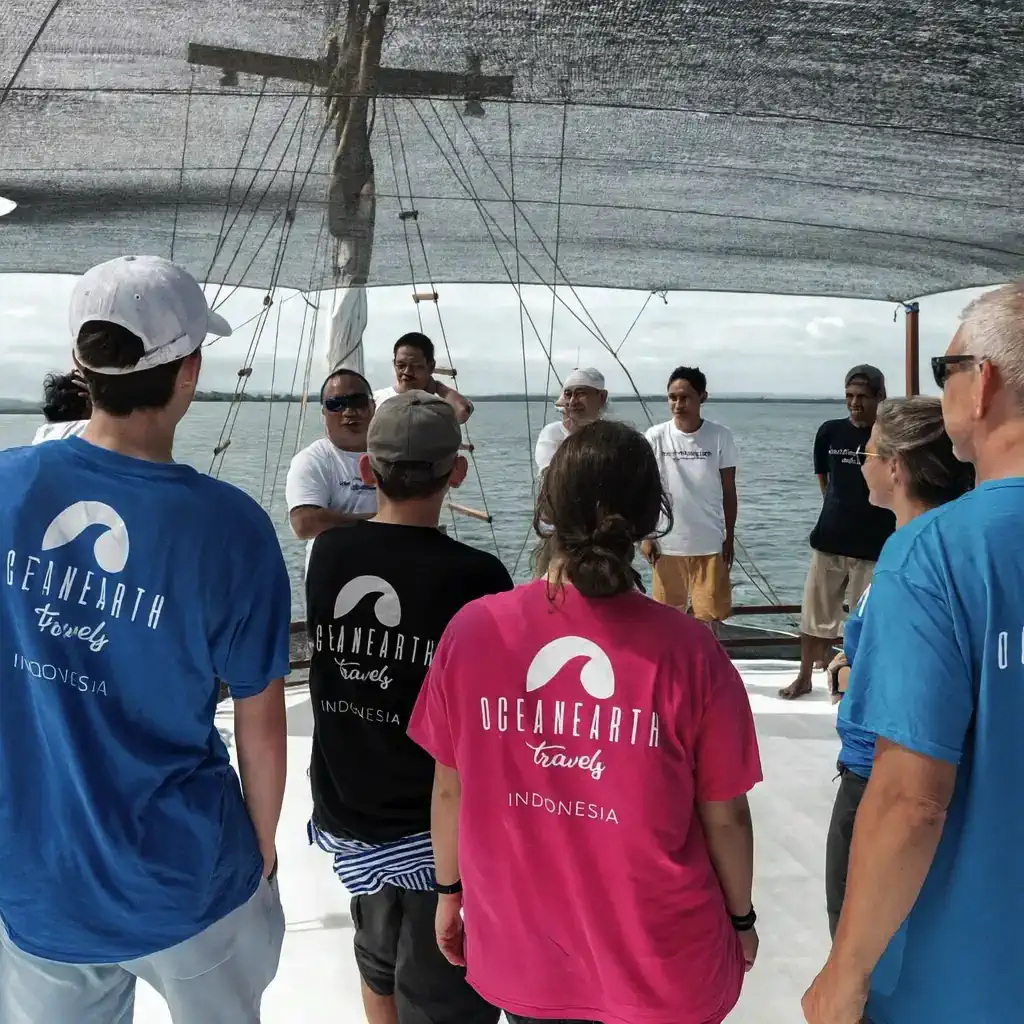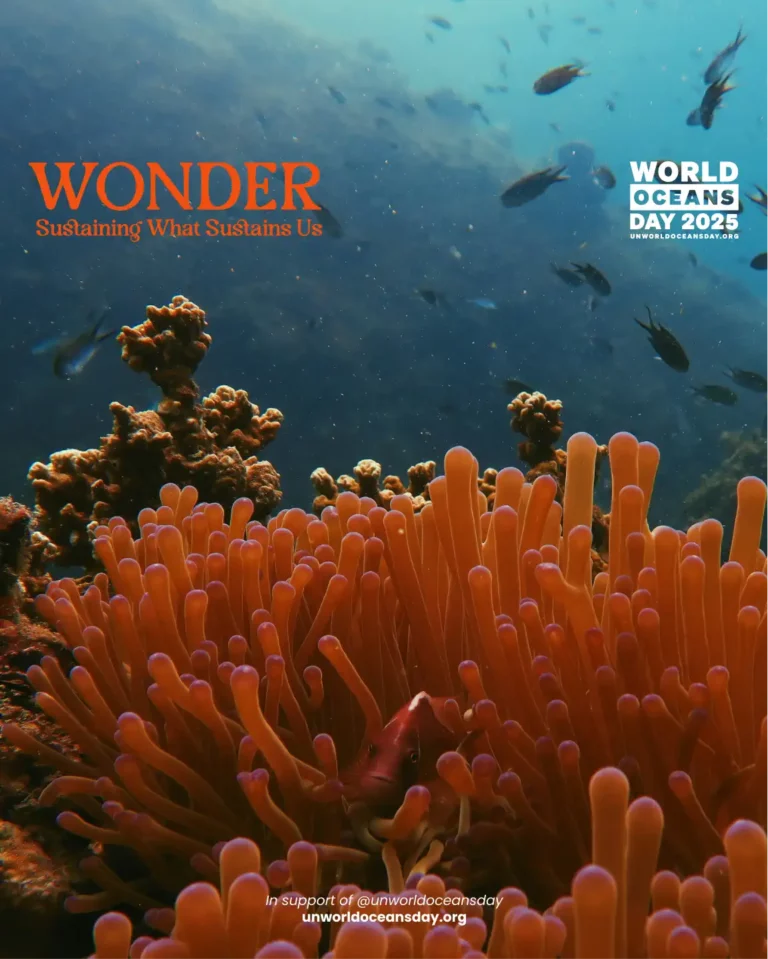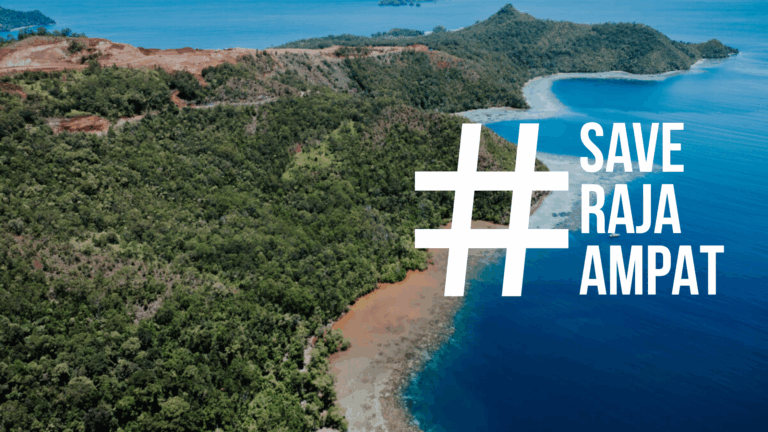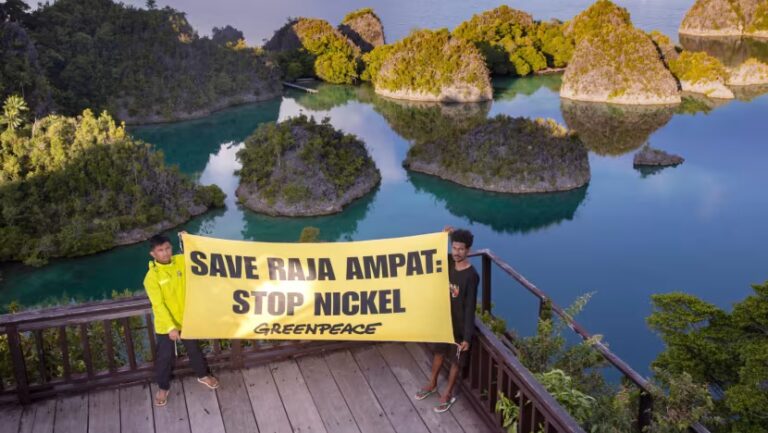Responsible travel Indonesia means finding balance between exploring and protecting. It’s about respecting the places and people who make your trip possible. Every choice, where you stay, what you eat, how you move, creates an impact.
This guide to sustainable tourism in Indonesia shares simple ways to make that impact positive. Whether you’re exploring Komodo, Sulawesi, or Raja Ampat, these sustainable travel tips will help you protect the environment and support local communities while still having an amazing trip.
1. Choose the Right People to Travel With
Not every tour operator walks the talk. The best ones pay fair wages, hire local guides, and give back to the communities they visit, not just post about being “eco-friendly.”

Look for certifications like Green Fins or Travelife, or simply ask questions. Do they limit group sizes? Do they support conservation projects? A 2023 Booking.com study found that over half of travelers want to travel more sustainably but don’t know where to start. Start here: with who you give your money to.
Responsible vs. Irresponsible Tour Operators
| ✅ Responsible Operator | ❌ Irresponsible Operator |
| Pays fair wages & hires local staff | Uses cheap or exploitative labor |
| Limits group sizes (max 12) | Allows overcrowded groups |
| Has Green Fins or Travelife certification | Makes vague sustainability claims |
| Employs local guides | Brings in foreign guides only |
| Shares clear conservation efforts | Says “eco” with no proof |
| Offers filtered water | Hands out single-use bottles |
| Gives back to communities | Only takes profits |
2. Save Water – Think Twice Before That Flower Bath
Bali is facing a serious water crisis. Over 60% of its water is used by the tourism industry, while local farmers and villages face dry taps. One hotel room alone can use up to 1,800 liters per day – mostly for pools, showers, and yes, flower baths.
So yes, enjoy a flower bath if it’s on your dream list. However, maybe just one. Keep showers short and reuse your towels. For instance, ask your hotel about their water-saving efforts. The Balinese concept of Tri Hita Karana teaches harmony between people, nature, and spirit – and that includes not wasting water for the sake of aesthetics.

3. Ditch the Plastic. All of It.
Indonesia is the world’s second-largest contributor to ocean plastic pollution, after China. Bali alone generates an estimated 1.6 million tons of waste each year, much of it plastic. After a storm, for example, that beach you’re sunbathing on is often littered with debris that drifts from rivers to the sea.



Bring your own bottle, straw, and tote bag. Skip single-use bottles – RefillMyBottle now lists over 900 refill stations across Indonesia, from Bali to Labuan Bajo and the Gilis. In addition, many hotels and dive boats offer filtered water; if they don’t, ask why not.
A single traveler using refillable bottles can prevent dozens of plastic bottles from entering the ocean in just one trip. That’s real impact – and it starts with what’s in your hand.
4. Respect the Culture
You might be on holiday. But that ceremony you just walked into? That’s someone’s funeral. Or their offering to the gods. Don’t step over it for a better angle.
Moreover, Indonesia is deeply spiritual – from the daily canang sari offerings in Bali to the mosque calls in Lombok. Be quiet. Be still. Don’t interrupt. Don’t drone over ceremonies. If you’re not sure, ask your guide or stay back. Responsible travelers in Indonesia stay curious, but respectful.



5. Slow Down and Travel Better
Indonesia is huge. You can’t see it all in two weeks, and you shouldn’t try. Every flight and ferry adds carbon emissions. Instead, slow down. Stay longer in fewer places. Learn a few local words. Take time to talk to people. That’s where the real magic of travel happens.
6. Travel with a Bit More Awareness, a Bit Less Ego
Indonesia isn’t your backdrop. It’s not here for your content. Avoid blocking ceremonies with your camera, and resist the urge to demand discounts from locals trying to make a living. Above all, remember – your way isn’t always the better way.
Instead, be curious. Be generous. Be aware of your impact – from how you speak to staff to what you post online. The best travelers leave behind more than money. They leave behind respect. In fact, being mindful of your actions is what responsible travel in Indonesia truly means.
Travel well. Travel light. And travel like you care – because if you’re visiting Indonesia, you’ve been given something rare. Let’s make sure it’s still here for the next person who comes looking for magic.
Should You Travel to Indonesia Right Now?
✅ Yes, if you:
- Want to support local communities
- Plan to stay a week or more in each place
- Care about following local customs
- Are ready to travel mindfully
⚠ Reconsider if you:
- Plan to hop between five islands in a week
- See Indonesia as a social media backdrop
- Don’t want to change your habits
Travel Timing Tips:
- Bali only: 7–10 days
- Bali + one island: 12–14 days
- Multi-island: 3–4 weeks
7. Want to Help? Support the People Doing the Work
Many local NGOs are doing amazing things – restoring reefs, planting mangroves, providing education. But volunteer tourism isn’t always the answer. Especially with kids. Most Indonesian children in orphanages aren’t actually orphans; many still have families. Short-term volunteering can cause more harm than help.
Instead, donate, spread the word, or shop with purpose. Choose social enterprises or NGOs that share clear goals and financial transparency. And support your guide, driver, or homestay host – tipping matters here.



8. Protect Coral Reefs – Don’t Step on Them
Whether you’re snorkeling in Amed or diving in Nusa Penida, remember: coral is alive. Standing on coral, even for a second, can kill years of growth. It’s a major problem in Bali right now, especially in crowded sites. Always float, kick gently, and keep your fins off the reef.

9. Sunscreen Matters Too
Heading into the water? Choose reef-safe sunscreen to protect Indonesia’s coral reefs. Chemical sunscreens containing oxybenzone or octinoxate are toxic to coral larvae and have been banned in places like Hawaii and Palau. While Indonesia hasn’t issued a national ban yet, the science is clear – reef-safe is the way to go.


Not sure where to start? Check out our guide: Reef-Friendly Sun Protection
10. Respect Marine Life – No Touching, Ever
Whether it’s a turtle, manta ray, or the mighty whale shark, wild animals aren’t props for your underwater photos. Touching, chasing, or trying to “interact” with marine life stresses them out and can cause lasting harm.
Whale sharks, for instance, have a thin protective mucus layer on their skin that shields them from bacteria and parasites. Even a gentle tap can damage it, leading to infections or behavioral changes. Meanwhile, WWF Indonesia’s research shows that repeated human interference makes these animals more likely to avoid feeding grounds or dangerously approach boats.


The Ministry of Marine Affairs and Fisheries (KKP) prohibits touching or disturbing all marine life, and responsible operators in places like Saleh Bay strictly enforce a no-contact rule.
So do the ocean a favor: stay calm, keep your distance, and let the wildlife approach you – or not. The most meaningful encounters are the ones that happen naturally.
Spread the Message, Share our Infographic

⬇️ Download the PDF version here
Let’s Design Your Dream Trip, The Responsible Way
Looking to create your own unforgettable, sustainable journey through Indonesia? Whether it’s island-hopping without the crowds, diving with manta rays (no touching!), or hiking volcanoes at sunrise – we can help.
At Ocean Earth Travels, we design custom trips that reflect your values. Tell us what matters to you – nature, community, adventure – and we’ll build something that leaves a positive impact.
Get in touch with us to start planning your responsible, tailor-made Indonesian adventure.



